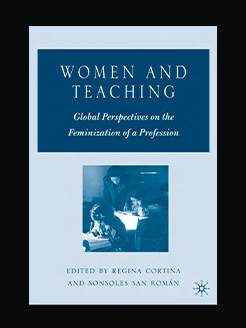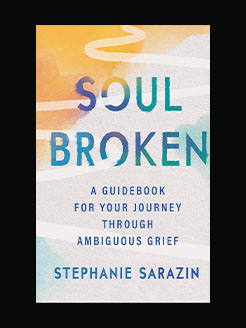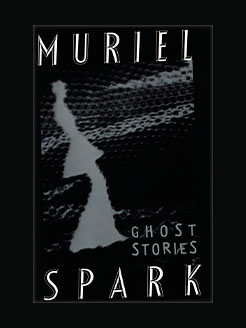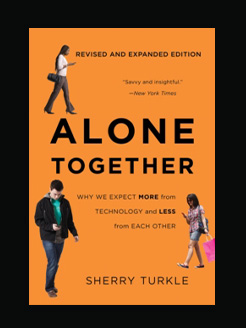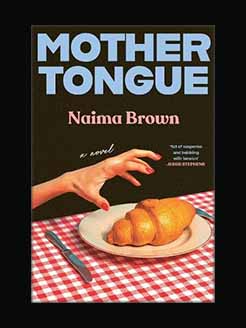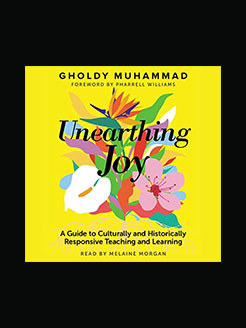Published in 2019
300 pages
Miriam Sved is a Melbourne-based writer who grew up in Sydney, where she was largely oblivious to football or sport of any kind. Game Day is her first published novel. Her fiction has appeared in journals and anthologies including Meanjin, Overland and Best Australian Stories, and she is a contributing co-editor of the anthologies Just Between Us: Australian writers tell the truth about female friendship and Mothers & Others: Australian writers on why not all women are mothers and not all mothers are the same. She has a PhD from Melbourne University, where she sometimes teaches creative writing. She also works as an academic editor and a parent.
What is this book about?
In October 2017, the hashtag MeToo went viral. Since then we’ve watched controversy erupt around Geoffrey Rush, Germaine Greer and Junot Díaz. We’ve talked about tracking the movement back via Helen Garner, Rosie Batty and Hannah Gadsby. We’ve discussed #NotAllMen, toxic masculinity and trolls. We’ve seen the #MeToo movement evolve and start to accuse itself – has it gone too far? Is it enough? What does it mean in this country?
And still, women are not safe from daily, casual sexual harassment and violence. In this collection thirty-five contributors share their own #MeToo stories, analysis and commentary to survey the movement in an Australian context. This collection resists victimhood. It resists silence. It insists on change.
helpful review from Kris McCracken on goodreads:
A worthwhile collection from Australian women on the antecedents, necessity and impact of the #MeToo movement. A mix of essays, poetry, comic and prose is an eclectic way to explore what is tricky and unfamiliar terrain, particularly in those areas that give primacy to inter-sectional lived experience of difference.
As a whole though, I got a lot from it. The inter-generational aspect was enlightening, and I appreciated hearing the voice of a host of women that are often overlooked. Of particular resonance were the chapters exploring the experiences of nurses, and a short story that explored the impact of unconscious power imbalances on female, migrant IT workers.
